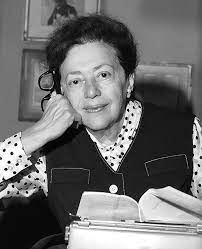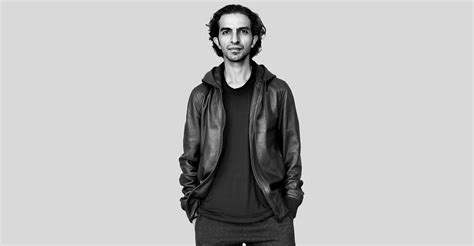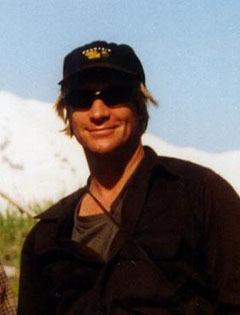A Quote by Craig Ferguson
Related Quotes
To find Margo Roth Spiegelman, you must become Margo Roth Spiegelman. And I had done many of the things she might have done: I had engineered a most unlikely prom coupling. I had quieted the hounds of caste warfare. I had come to feel comfortable inside the rat-infested haunted house where she did her best thinking. I had seen. I had listened. But I could not yet become the wounded person.
































